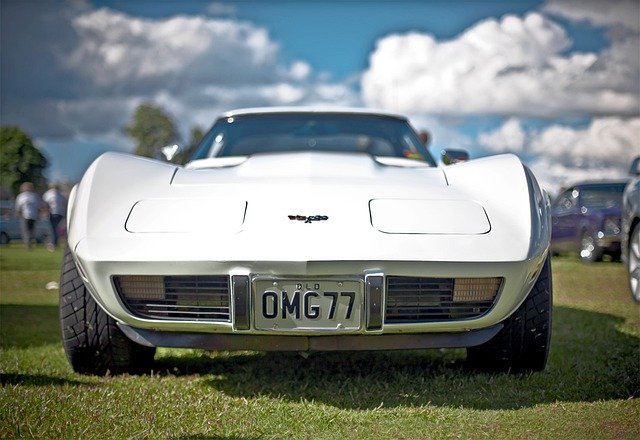Touted by Elon Musk as “the acceleration of sustainable energy and autonomy,” Tesla Inc. produces a range of zero-emission electric vehicles that herald a gasoline-free future. However, the company is not without its troubles. Recent woes include accusations by the DMV that may force Tesla to change the name of one of its most popular features.
The way Tesla markets its Full-Self Driving upgrade may mislead consumers
Tesla dealer | Getty Images
Introduced by Senator Lena Gonzalez in February and passed by California legislators in September 2022, SB-1398 has the potential to change the way automakers market “self-driving” vehicles. Specifically, the new California law requires makers of autonomous cars to notify consumers of the actual functions and limitations of assistive features such as partial driving automation. Currently, Tesla sells this feature as an Autopilot computer upgrade called Full Self-Driving (FSD).
According to Business Insider, the new consumer protection and public safety law does not target Tesla specifically. However, Gonzalez revealed other semi-autonomous car makers, including BMW, Ford, and General Motors, have historically been more transparent about the actual limitations of their products. The trouble is, some people believe a Tesla self-driving vehicle does not require riders to pay attention, and that’s not the case at all.
Self-driving cars can’t be trusted to completely drive themselves yet
Driver-helping features such as adaptive cruise control, automated emergency braking systems, electronic blind spot assistance, lane departure warnings, and collision avoidance systems go a long way toward making motoring safer and more manageable. But none of them is capable of piloting a vehicle without any human guidance whatsoever. So far, there isn’t a vehicle on the road that can be trusted to take over every task of driving.
The California DMV defines autonomous mode as operational status where technology combines remote or onboard hardware and software that performs dynamic driving tasks with or without supervision by a natural person. Dynamic driving tasks under this definition include but are not limited to object and event detection, turn signaling and lane changing, maneuver planning, acceleration and deceleration, and steering.
As of now, SB-1398 awaits the signature of California Governor Gavin Newsom. If that happens, the DMV will add the new law to their regulations on vehicle marketing and sales.
The California DMV told the Los Angeles Times that the coming law would require Tesla and other carmakers to better educate the public by warning them about the honest limitations of supposed self-driving automobiles.
Tesla is teetering but not tanking
The California law that may force the carmaker to devise a new name for its FSD feature comes from hundreds of autopilot accidents reported to the National Highway Traffic Safety Administration.
In June 2022, the New York Times declared that NHTSA scrutiny of some 830,000 Tesla cars revealed that despite being called “fully self-driving,” auto-piloted vehicles are not safe without human intervention. To be fair, Tesla does state that Autopilot and FSD features are meant for use by “fully attentive” drivers who remain prepared to take over driving tasks at a moment’s notice.
Tesla also says that although they are designed to become more capable over time, current FSD features do not make their vehicles fully autonomous. However, people who don’t take the time to read the fine print may miss this important fact.
If and when SB-1398 passes into law, for-sale “self-driving” vehicles will make their limitations much more evident to consumers. One way may be to force Tesla to stop calling itself a fully self-driving car.
RELATED: $258 Billion Lawsuit Claims Elon Musk Is Running a Pyramid Scheme
